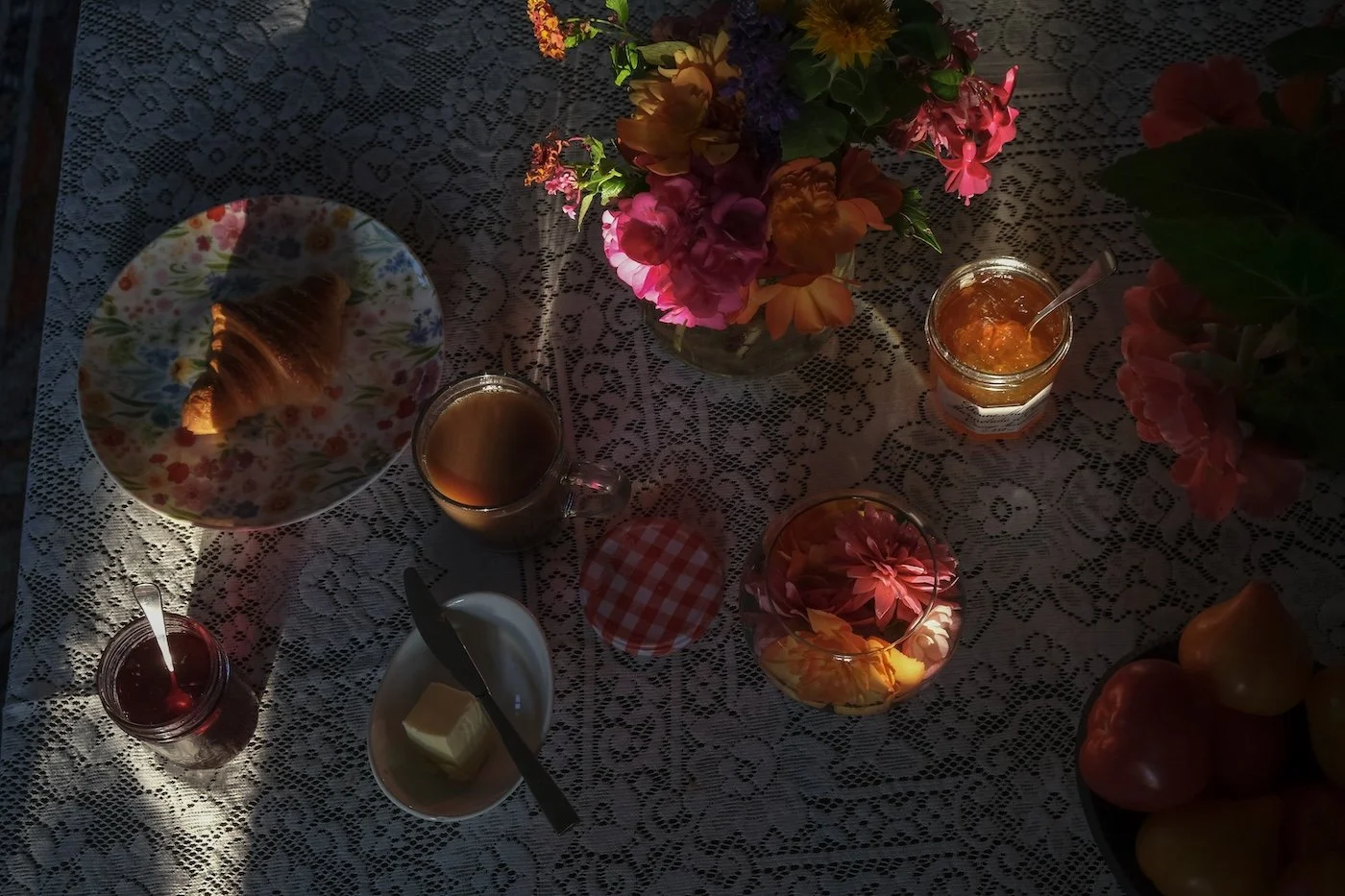Fall is for Poetry
April may be poetry month, but fall is the season for walking down the street reading a book of poetry, sitting on a park bench, doing same. And let’s not forget the classic sitting under a tree and watching the leaves fall and memorizing a poem. I suppose in reality these things don’t happen quite so often any more, but they could! They nowadays sound like things people perform for a TikTok video or Instagram reel, but doing them and not posting is becoming way more of a vibe.
To date myself, when I was an undergraduate doing my 5 year degree, I did walk down the street with a book and sit under trees and certainly on park benches. Hilariously, I remember when email started to be a thing, and of course we still had dial-up, but near the end of my degree once in a blue moon a professor would EMAIL you. And it would stay in your mind for DAYS. In fact, this was the case for pretty much every email. So you were very careful when emailing knowing that this was how it affected people. You were mindful of how it would occupy one’s mind. It could throw off my writing morning, heaven forbid, so a day before I would make sure to not dial-up, even though the likelihood of there even being an email was small.
I recently saw someone walking down a street reading a paperback, and it delighted me beyond delight. It was not a performance, and no one was trailing them filming them walking down the street with an iPhone. I’m extremely nostalgic these days for Julie Wilson’s Seen Reading, which started as a blog.
Maybe it is the season to be seen reading poetry. I love the way poets talk about poetry because when they do they’re also telling us about existence, how to exist. How to live. Li-Young Lee talks about wanting to find a “line or a stanza that has the most fate.” He talks about how fate and chance “both come into play when you’re writing a poem.” He was writing prose poems once and while his editor was coaxing him to turn it more into prose, to write toward a possible market, he kept refining the work and making marks on a page which became more and more in the realm of poetry. He says the editor asked him to no longer write a prose poem, and his response to that: “I just kept eating my lunch when he said that. My dialogue isn’t with him. It isn’t with the marketplace. It’s with something else.”
When I need help in thinking something through, or to find some guidance, I turn to poetry. What is my duty? What are my daily obligations? How can I stay out of that lowgrade depression?
Rumi:
“It is a person’s duty to get oneself into a position
where one can be generous with their time and silver.
Whenever you gather with friends or are in a crowd,
try to be the one least in need. For simply doing that is giving.”
How can we look after our souls? “What is the soul? I cannot stop asking.” And, “My soul is from elsewhere, I’m sure of that…” (Rumi as translated by Coleman Barks.
“If only we read poetry as carefully as menus in expensive restaurants.”
“Poetry is joy hiding despair. But under the despair — more joy.”
“Poems are short tragedies, portable, like transistor radios.”
— Adam Zagajewski
Because in Canada we’re celebrating National Library month, I wanted to share some lines from Ron Koertge’s poem, “Do You Have Any Advice For Those of Us Just Starting Out?” found on Poetry Foundation.
It opens:
“Give up sitting dutifully at your desk. Leave
your house or apartment. Go out into the world.”
And this is a thought I love:
“Not surprisingly, libraries are a good place to write.
And the perfect place in a library is near an aisle…”
I’ve been going on about reading and its decline for some time here, and I know I’m preaching to the converted, but here is an article by James Marriott that talks about “the collapse of reading” and the “collapse of literacy” as “an intellectual tragedy.” From the article: “As Walter Ong writes in his book Orality and Literacy, certain kinds of complex and logical thinking simply cannot be achieved without reading and writing.”
Apparently books that children used to read (the example given is Bleak House by Dickens) can now no longer be comprehended by university students.
Reading poems, I think, might be part of the solution because of their brevity. As Zagajewski says, they’re portable tragedies (or love stories, or comedies, etc). If you can learn to understand a poem, maybe Bleak House is next, or Jane Austen….
Lastly, I was saddened to hear that Susan Griffin has died. Her books A Chorus of Stones and The Eros of Everyday shaped me. “That I am a poet has had a profound effect on the way I think,” said Griffin.
It seems to me October is a good time to read a poem, write a poem, go to a library. Read anything. You know. Walk down your street reading a book. :)





